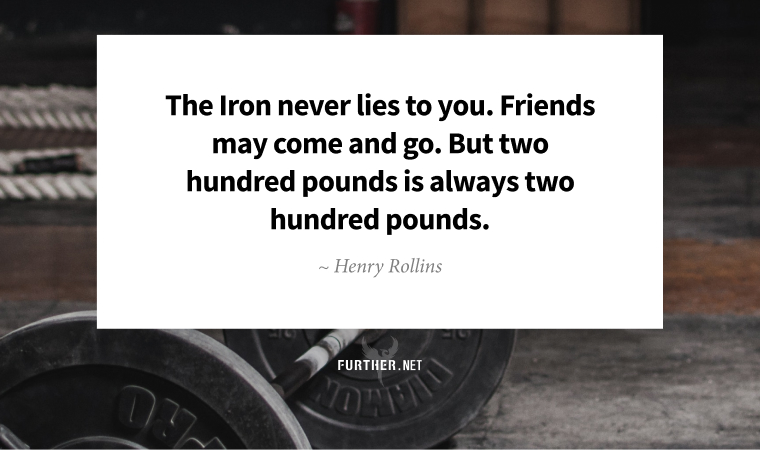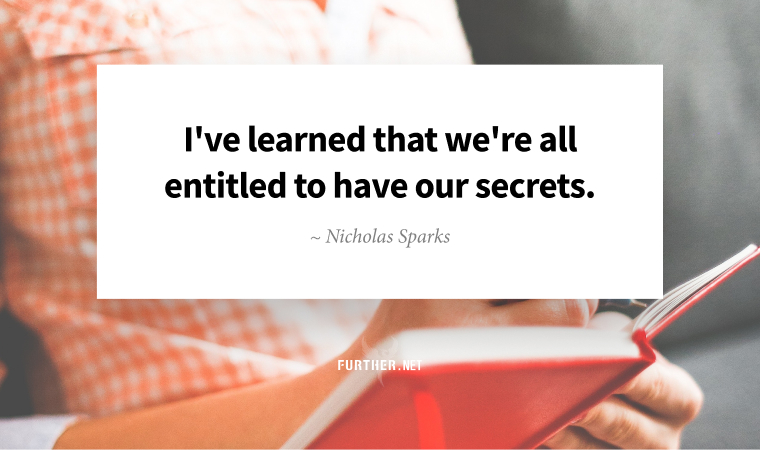
Once you hit middle age, taking care of yourself becomes more important. Stating the obvious here, right?
And it’s not just for the sake of longevity. We’re trying to improve the quality of our lives right now.
Healthy eating and regular exercise are critical starting points. But will that really be enough to thrive during our 40s, 50s, and beyond?
Well, consider this. Beginning around the age of 30, we lose 3% to 5% of our muscle every decade that follows. Unless something is done to counteract it, we’ll lose about 30% of our muscle mass during our lifetimes due to sarcopenia (which is the technical term for muscle loss).
It gets worse. Once you hit age 65, sarcopenia tends to accelerate, and you become susceptible to “I’ve fallen and I can’t get up” syndrome. This kind of frailty is no laughing matter, as these falls lead to bone fractures and even an untimely death.
The solution is simple. You’ve got to become “friends with the Iron” and start strength training now. Not only will you avoid the frailty that comes with becoming “old” and weak, you get the many benefits of strength training that come at any age:
- You’ll be stronger
- You’ll be leaner
- You’ll burn more calories
- You’ll have stronger bones
- You’ll have better heart health
- You’ll have greater mobility and flexibility
- You’ll be in a better mood, have greater self esteem, and improve your brain health
- And you’ll look good!
As we entered the pandemic, I was in great shape. I got down to the weight I was at age 21 even though I had added muscle. And I kept going during 2020 … until things fell apart as we entered 2021 and I backslid severely.
It’s time for us all to get back on track in 2022. Or … on track for the first time.
This month’s presentation in our Well + Wealthy community is just what we all need. It’ll get you started with strength training, and even better … keep you going and growing (muscle, that is).
Pain-Free Strength Training Strategies to Start, Stick, and Scale-Up with Jeff Turner
Jeff Turner is on a mission to help people in midlife develop a physical practice to live stronger, longer. Throughout his career as a personal trainer and movement, strength, and conditioning coach, he’s trained elite athletes and worked with top fitness pros, and guess what? Even they can’t outrun aging. As Jeff points out, what we all can do is shift our mindset and physical practice not just to survive but thrive with a smart, sustainable approach to fitness that fits your lifestyle.
Join us in Well + Wealthy here.
Keep going-
P.S. If you enjoy this issue, please consider forwarding it to a friend so they can sign up here. Thank you!
Gut Check
Fun fact: Your body is basically a human-shaped pile of bacteria, and when that bacteria is out of whack, it leads to all sorts of unmentionable unpleasantness. But more than that, a healthy gut communicates with the brain through nerves and hormones, which helps maintain general health and well-being.
How to Improve Your Gut Health: 5 Research-Backed Strategies (Precision Nutrition)
Stressed Out
The rise-and-grind lifestyle that we’ve collectively subscribed ourselves to can result in overwhelming stress. Of course, it’s easier said than done to simply stop being stressed, but new studies reveal that everyday strain can age the immune system, effectively crippling your immune resilience.
New Study Says Stress May Cause You To Age In This Very Specific Way (Mind Body Green)
Sit, Ubu, Sit
Modern life means many of us sit for too long during the day. And while you might be taking regular breaks, walks across the office, or even investing in fancy ergonomic chairs and standing desks, it might not be enough to maintain a healthy range of motion throughout your joints.
Do You Sit All Day? Here Are 5 Mobility Exercises You Should Be Doing (Mark’s Daily Apple)
Ritual de lo Habitual
Productivity tools and apps are marketed as a shortcut to work more efficiently through routines. Rituals, on the other hand, can help you approach basic tasks more mindfully, which can facilitate the “disciplined transformation of the practitioner” in a way that mindless routine can’t.
Why We Need Rituals, Not Routines (Vox)
The Truth About Keeping Secrets

By Trudi Roth
I recently had brunch with some women who discovered family secrets through a DNA-testing company, including learning of siblings they didn’t know existed and finding out their grandad wasn’t related biologically. While the details differed, there was a common thread: family secrets.
Having your concept of your family of origin upended in middle life is challenging – it certainly sparked significant soul-searching with my brunch companions. But ultimately, it made me think about the people who held those secrets and why. Is keeping sensitive information under wraps always harmful – and is radical honesty better?
Unsurprisingly, the truth lies somewhere in between.
The Secret About Secrets
Secrets get a bad rap, which is understandable considering the psychological and relational impact. Research shows we believe physical tasks are harder when carrying a secret. And just thinking about concealed information can negatively impact well-being.
That said, nearly everyone is hiding something. Michael Slepian, psychologist and author of The Secret Life of Secrets, says what separates secrets from other private matters is the intention to keep the information unknown. He found that 97% of us hold at least one secret that falls within 38 categories, from finances and sexual behavior/infidelity to addiction, lies, or illegal activity. And most of us carry an average of 13 secrets at a given time.
Through thousands of interviews over years of research, Slepian found the details of the secret aren’t the issue but rather the burden of silence.
The harm of a secret doesn’t seem to be from having to hide it in a social interaction, but having to live with it alone in your thoughts.
This is where things get complicated, as sharing your turmoil can be consequential and risky. The trick, then, is to find ways to preserve your privacy while revealing your truth.
The Best Kept Secrets
According to Slepian, trust is the primary condition for sharing a secret. A negative or judgmental response can worsen things, so choose your confidant wisely.
The person more likely to keep your secret safe is someone who would think about it in a similar way as you when it comes to the morality of the issue.
Don’t worry that sharing your secret is too much of a burden; after all, honesty is intimacy. But that can be complicated if you’re in the same friend circle or close family. In that case, you might instead confide in a professional like a therapist or clergyperson. Even an anonymous confessional like the Whisper app or Reddit’s “confess your secrets” can help.
The truth about secrets is unless they’re actively harming you or someone else, you don’t need to feel bad. Instead, strive to understand why you hold them or care to share, and then you can move forward in confidence.
Unpacking ‘The Secret Life of Secrets’ (New York Times)
further: flashback

Olivia Newton-John – Physical
Physical, 1981
despite being banned or edited by several radio stations.
(YouTube)
